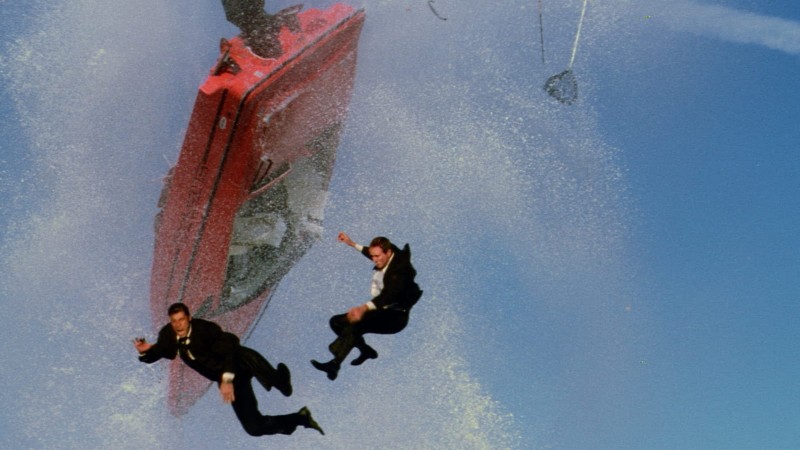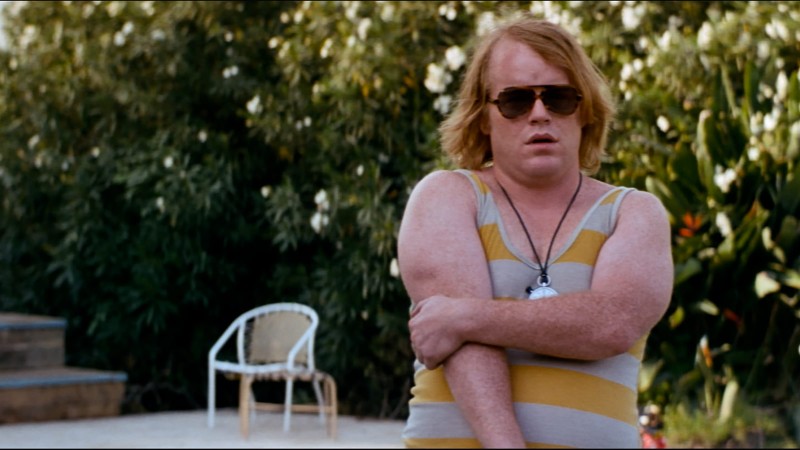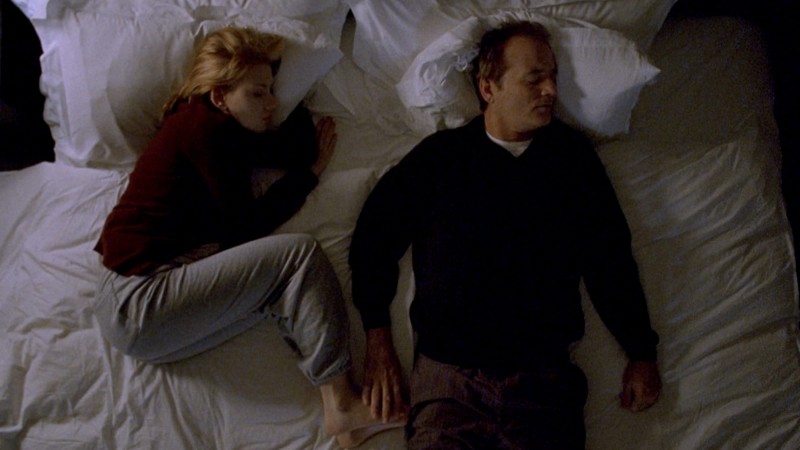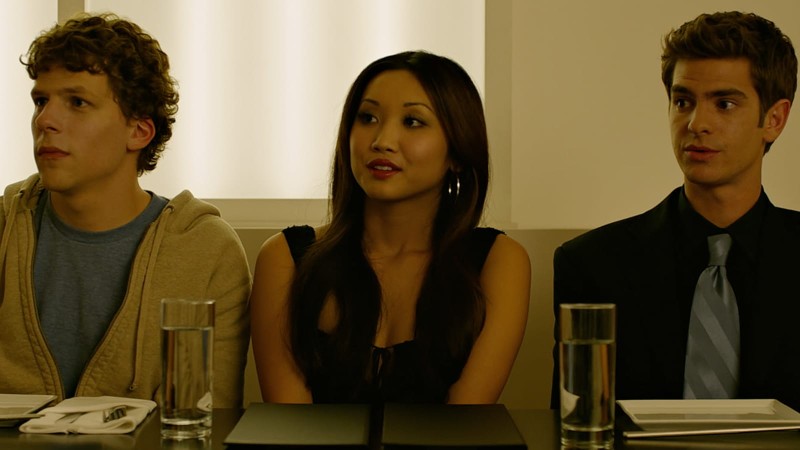In the Shadow of the Dictator: A Conversation with George Sikharulidze

Something uncanny is brewing in George Sikharulidze’s Fatherland. This darkly comedic film transports us to a spring evening in Joseph Stalin’s birthplace—Gori, Georgia—where the townspeople have gathered on the sixty-third anniversary of their long-departed leader’s death. What follows is part political satire and part surrealist ghost story, as an unexpected guest makes an appearance and the somber ceremony changes its tune. Today on the Criterion Channel, we’re presenting this slyly subversive allegory in a Short + Feature program alongside Miloš Forman’s The Firemen’s Ball, a scathing critique of Soviet corruption and cronyism that was a primary influence on Sikharulidze’s film. For a closer look at the political and cultural backstory behind the film, I talked with the director about his childhood in Georgia, his journey into cinema, and how Stalin’s legacy still looms large over his home country and its people.
Growing up in Georgia has had a huge influence on the types of stories you choose to explore in your filmmaking. Can you speak to that a little bit?
I think childhood is haunting. I grew up in the 1990s in a communal place, a lively, pre-internet neighborhood where people just hung out. Our house was in the middle of what people in Tbilisi call an “Italian yard”—it’s basically a cul-de-sac, with houses in a circle, space in the middle. And this space used to be the playground where, as a kid, I’d stage puppet shows with my sister and other kids in the yard. The yard was always the locus of creativity and vibrant energy, and a place of absurdity as well. The community was always tight—a little too tight at times, because people would barge in on your privacy, but that was part of the charm, I think.
As children we would tell stories inspired by nothing other than our immediate surroundings, our families, our traditions. That stuff sticks with you forever, which is why I think I am still interested in those kinds of stories. Though I was always a quiet kid, I liked to observe. I could sit in the corner and watch for hours and the absurdities that would unfold in our daily life did not seem like absurdities—that was the life we knew. I loved the community, but I also longed to get out.
How did you become interested in filmmaking?
It all started with my utter uncertainty about the future. I did not know what I wanted to do with my life. When I moved to New York, I had this grand idea that I would become a musician, but I never really dared to try. I was also interested in art, photography, and literature, so I figured I could maybe bring all that together in film. I guess you get to create a living world and that’s just a lot of fun.
How did coming to the U.S. shape the type of filmmaker you wanted to be?
Even though I have lived in the States for a number of years now, when I set out to write something, it is inevitably a story set in Georgia. Having distance from the place where you grew up helps you see it differently and that greatly shaped my perspective on my home. Moving and starting a life from scratch completely uprooted me and my sense of identity, my sense of belonging, and I think that’s very useful. I like being on the edge, in the unknown—it’s an active internal process, trying to figure out what it is you are. I like this messiness, and I find comfort in it.
What inspired this particular project?
I am drawn to things that are absurd and paradoxical, but more than that I’m drawn to the idea that they can be normalized. In Gori, people still admire Stalin. That alone perhaps could be a subject for a documentary film, but what drew me in was something else. I discovered that some people want to canonize him in the Orthodox Christian Church. This interested me on a number of levels. When Stalin died, the cult of personality around him was so strong that people could not part with his body, so they placed it in the mausoleum next to Lenin until 1956, when Khrushchev denounced him. I heard stories of inmates exiled in Siberia who cried in their cells upon hearing of his death.
Now there is a bigger ambition to immortalize Stalin by making him a saint, someone with whom people could communicate through prayer. They paint icons of Stalin with a halo, and in some cases call him “the second Christ.” Ever since he was a little boy, Stalin wanted to become a priest. He studied in a seminary first, in his little town of Gori, then in Tbilisi he wrote poems, and later, when he came to power, he ordered the destruction of churches representing the very Orthodox Christian religion in which his followers want him canonized today.
Soviet symbolism is forbidden in Georgia, but in Gori there is a statue of Stalin, next to his museum, which is one of the most frequently visited museums in Georgia. This nostalgia for the Communist past—the longing for a father figure, a spiritual leader, and a totalitarian ruler—was the starting point, especially in light of what’s currently going on in the world.





